Search
Did you mean: Tacitus?
Search Results
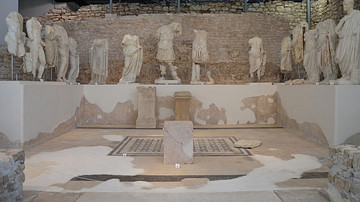
Definition
Roman Imperial Cult
The Roman imperial cult was the practice of venerating Roman emperors and their families as having divine attributes, honoring their contributions to the spread of Roman religion and culture. It was instituted by the first Roman emperor Augustus...
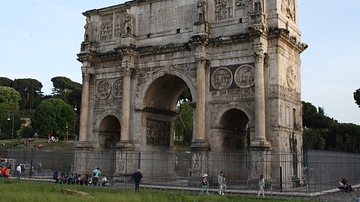
Definition
Triumphal Arch
The triumphal arch was a type of Roman architectural monument built all over the empire to commemorate military triumphs and other significant events such as the accession of a new emperor. Celebrated surviving examples of triumphal arches...

Video
The Flavian Dynasty of the Roman Empire
The Flavian Emperors were a dynasty of Roman emperors who ruled from 69 to 96 CE. They consisted of three emperors: Vespasian, Titus, and Domitian. - Vespasian (ruled 69-79 CE) was a skilled military commander who rose to power during the...

Article
Roman Games, Chariot Races & Spectacle
If there was one thing the Roman people loved it was spectacle and the opportunity of escapism offered by weird and wonderful public shows which assaulted the senses and ratcheted up the emotions. Roman rulers knew this well and so to increase...
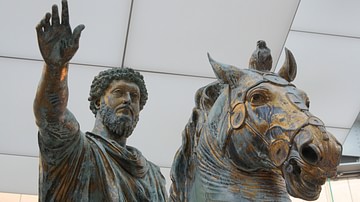
Definition
Roman Sculpture
Roman sculpture blended the idealised perfection of Classical Greek sculpture with a greater aspiration for realism. It also absorbed artistic preferences and styles from the East to create images in stone and bronze which rank among the...
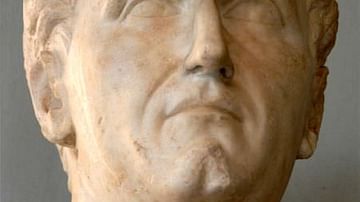
Definition
Nerva
Marcus Cocceius Nerva was Roman emperor from 96 to 98 CE, and his reign brought stability after the turbulent successions of his predecessors. In addition, Nerva helped establish the foundations for a new golden era for Rome which his chosen...

Definition
Roman Siege Warfare
In ancient warfare open battles were the preferred mode of meeting the enemy, but sometimes, when defenders took a stand within their well-fortified city or military camp, siege warfare became a necessity, despite its high expense in money...

Definition
Roman Empire
The Roman Empire, at its height (c. 117), was the most extensive political and social structure in western civilization. Building upon the foundation laid by the Roman Republic, the empire became the largest and most powerful political and...
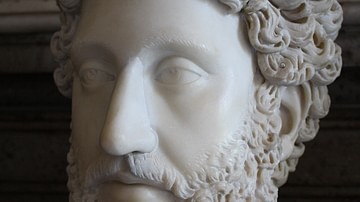
Definition
Roman Emperor
Roman emperors ruled the Roman Empire starting with Augustus in 27 BCE and continuing in the West until the late 5th century CE and in the Eastern Roman Empire up to the mid-15th century CE. The emperors took titles such as Caesar and Imperator...
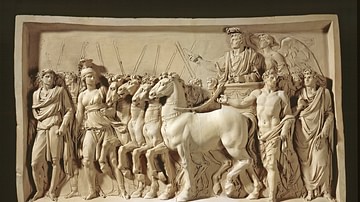
Definition
Roman Triumph
A Roman triumph was a spectacular celebration parade held in the ancient city of Rome for a military commander who had won an important victory on the battlefield. Granted by the Senate, it was a lavish and entertaining propaganda spectacle...